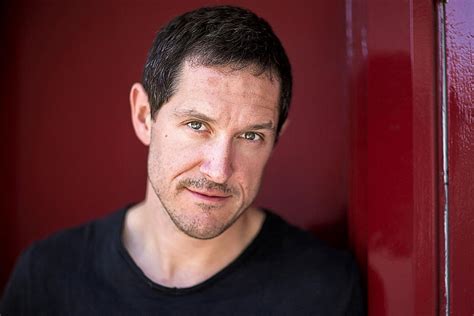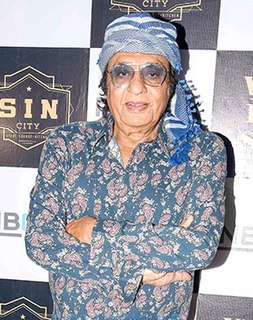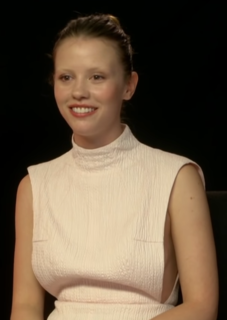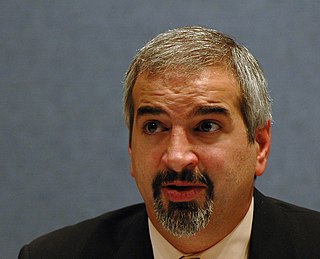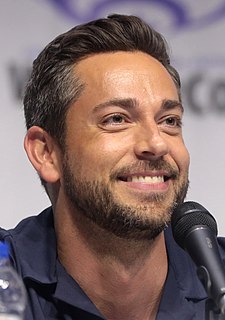A Quote by Bertie Carvel
It might sound glib, but in a sense, as an actor I'm a journalist and a psychologist recording life and truth.
Quote Topics
Related Quotes
I feel that a documentarian has an obligation to tell the truth as he or she interprets it. And what I mean by that is that documentarians don't necessarily have the same sort of obligations that a journalist might have. A journalist might be called upon to be objective, whereas a documentarian is sort of forced to take sides.
I am old enough to think the word 'journalist' is not all that noble a designation. Journalist - that record keeper, quote taker and processor of press releases - was, in the world of letters I grew up in, a lower-down job. To be a writer - once the ambition of every journalist - was to be the greater truth teller.
We must believe in a sense of life renewed by the theater, a sense of life in which man fearlessly makes himself master of what does not yet exist, and brings it into being. And everything that has not been born can still be brought to life if we are not satisfied to remain mere recording organisms.
I loved the idea of recording. The idea of sound-on-sound-recording captured me as a young kid, and once I realized what it was I had an epiphany. Before I was even playing the guitar, I would create these lists of how I would record things and overdub them, like Led Zeppelin song, 'I could put this guitar on this track...' and so on.
